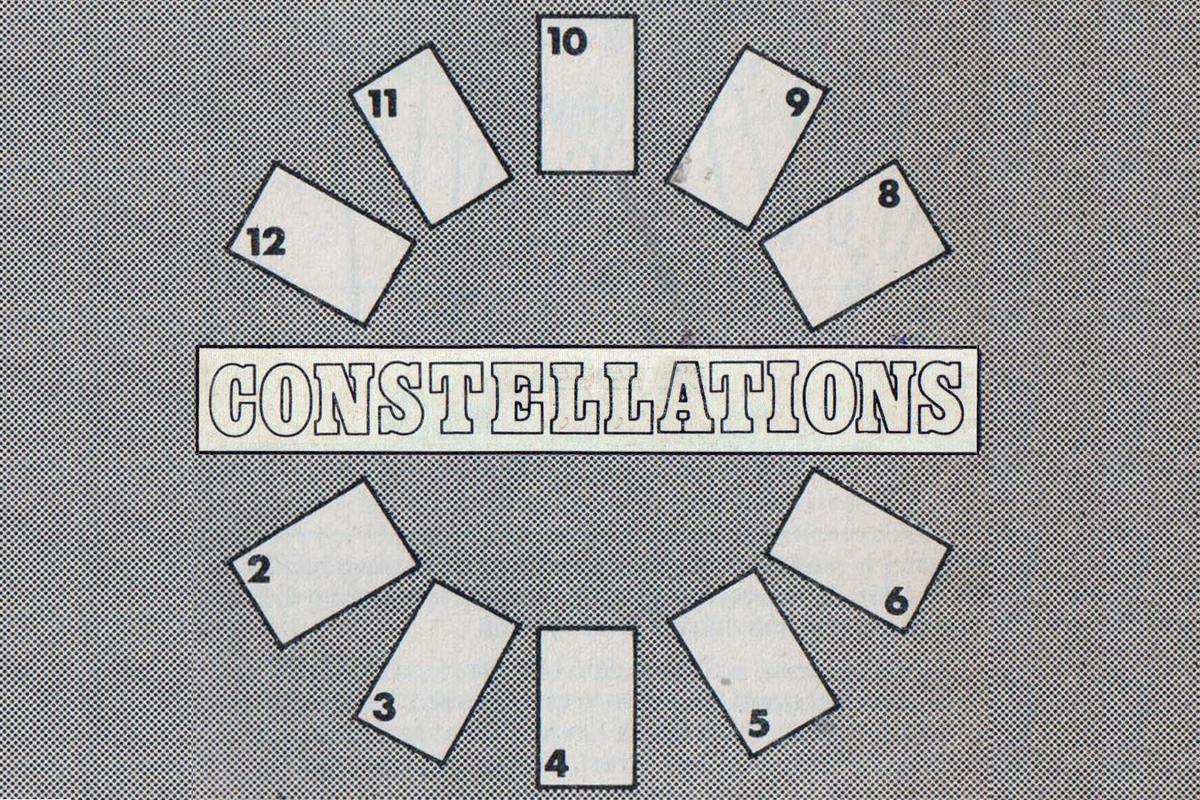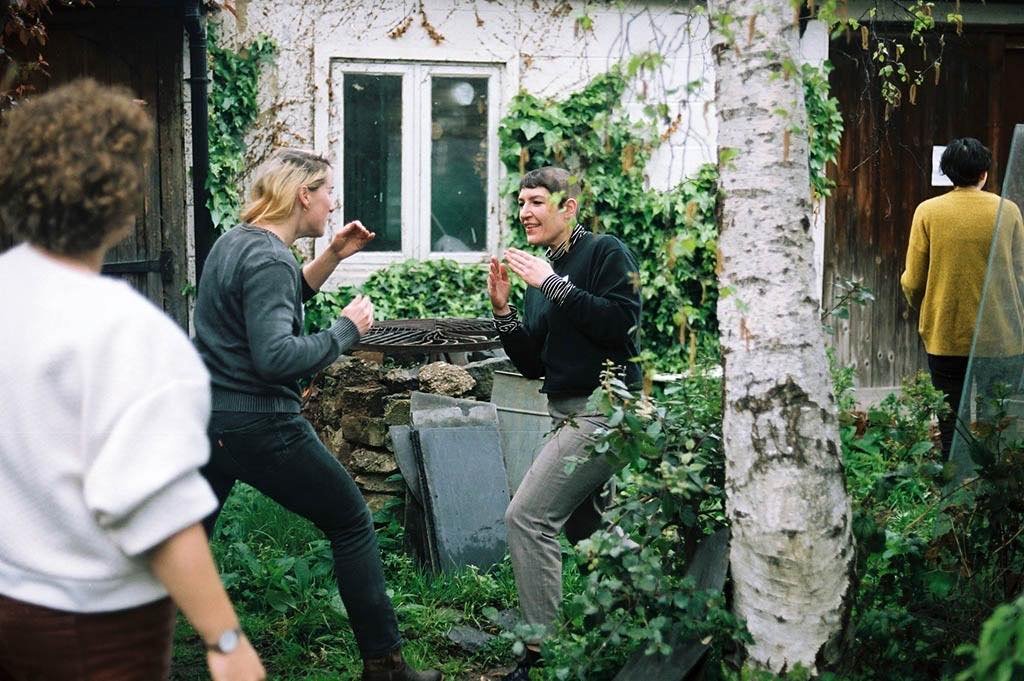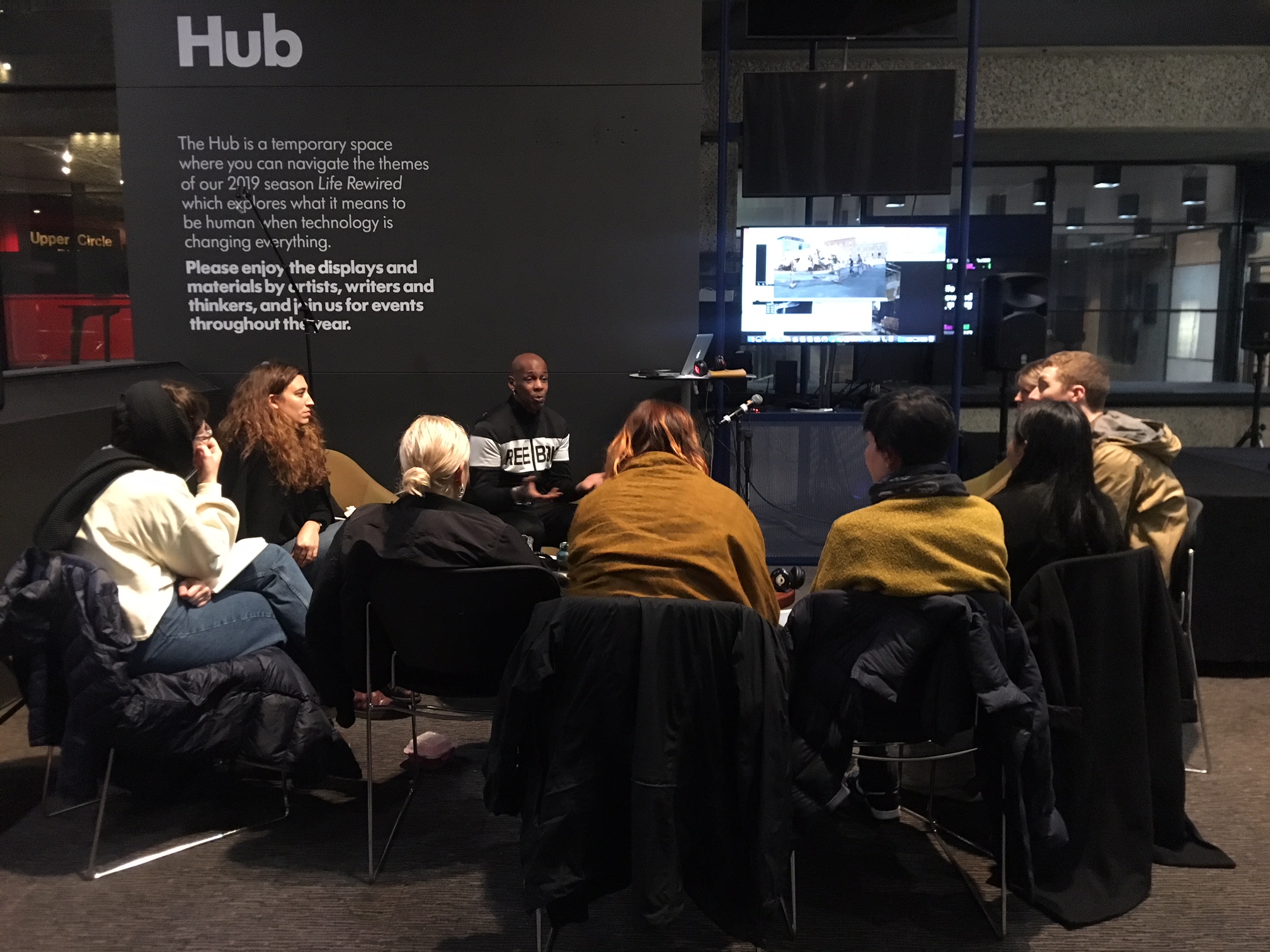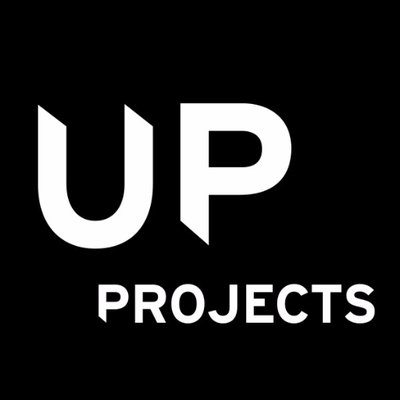CONSTELLATIONS 2020–21 ARTIST OPEN CALL
Deadline 7 June
Flat Time House, in partnership with UP Projects, is delighted to announce the open call for Constellations 2020–21, a free artist development programme that supports eight UK-based artists to explore socio-political issues, community-oriented practice, and public contexts.
This year’s iteration will also consider the digital realm as a platform for collaboration, engagement, and exchange as a result of the COVID-19 pandemic. We are looking for artists who are interested in experimenting with alternative forms of learning and exploring the challenges and opportunities of the digital realm.
Starting in July 2020, the programme will be structured around a series of artist-led and self-led workshops taking place both online and offline over the course of eight months.

Alternative London, 1974, Nicholas Saunders
Constellations supports artists to develop their practice, collaborate with others, and access new networks. The programme places a strong focus on ideas of co-authoring and self-organising and will address the importance of collaboration in moments of crisis and the key role arts and culture can play in facilitating social cooperation.
Flat Time House has worked in collaboration with UP Projects on this programme since 2017, drawing on the history of John Latham’s house as a site for experimental art education where students, artists and the wider public can come together to test the boundaries of what is teachable and knowable. The programme builds on the legacy of Latham's work as a founder member of the Artist Placement Group, a pioneering organisation in the history of socially engaged practice initiated in 1966 by Barbara Steveni.
Previous iterations of Constellations have involved contributions from a wide range of artists and practitioners including Helen Cammock, Ain Bayley, Rehana Zaman, Jasleen Kaur, Rosalie Schweiker, Kathrin Böhm, Torange Khonsari from public works, Davina Drummond, Daniel Fernández Pascual & Alon Schwabe from Cooking Sections, Samaneh Moafi from Forensic Architecture and Topher Campbell. We have also collaborated with a number of institutions to deliver Constellations sessions and present the programme. These include Camden Art Centre, Goldsmiths, Whitechapel Gallery, Art Night, South London Gallery, Cubitt and Barbican Centre.
_2.jpg)
Constellations 2019–20, Barbican. Show me the face of your digital voice, by Hannah Kemp-Welch, Dunya Kalantery and Amanda Ramasawmy. Photo: Mac Praed Media
Artist-led workshops
Artist-led workshops provide the Constellations artists with different perspectives on issues of socio-political significance. Workshops are shaped based on the individual practices of the workshop leaders and are devised in line with alternative pedagogical methods. Workshops may include short presentations aimed at familiarising participating Constellations artists with the practitioner’s work, as well as activities, exercises, and discussions among group members addressing some of the questions at the core of the programme: how can artistic practices negotiate, amplify and critique socio-political issues? How does socially engaged work address notions of authorship? What constitutes public space (both online and offline)? How can collaborative networks come together and operate?
Self-led workshops
Self-led workshops are aimed at giving the Constellations artists time and space to learn about each other's practices and to develop collaborative methodologies within the group and the ability to self-organise.
As part of the self-led sessions, the group will be given budget and curatorial support to collectively devise and produce two outcomes:
During Part 1 of the programme (July – October 2020) the group will develop a 'working together toolkit’ designed to help the group devise collective decision making methodologies and share skills and knowledge that would help them co-author projects and self-organise. The toolkit will respond to a brief developed by UP Projects and Flat Time House in collaboration with artist Beverley Bennett.
Part 2 of the programme (November 2020– February 2021) will be self-led with the support of Flat Time House and UP Projects as the group works towards a public outcome. Subject to social distancing restrictions being lifted, the final public event will take place at Flat Time House in January 2021 (exact date to be confirmed) using the context of Flat Time House and the Artist Placement Group as points of departure. A brief for this event will be presented to the group in November 2020. If social distancing restrictions are extended, the online resources of UP Projects and Flat Time House will be available for the public outcome.
Schedule
Confirmed dates for Part 1 (July – October 2020) are below with exact dates to follow for Part 2 (November 2020 – January 2021):
Part 1:
6 July: Introductory meeting (online)
7 July: Workshop led by Larisa Blazic (online)
8 July: Self-led workshop facilitated by Beverley Bennett (online)
11 August: Workshop led by Stine Marie Jacobsen (online)
12 August: Self-led workshop (online)
8 September: 1-2-1 feedback session with Paul Purgas (Location: FTHo, TBC) followed by a workshop led by Srećko Horvat (online)
9 September: Self-led workshop (Location: FTHo TBC)
15 October: Workshop led by Languid Hands (Location: TBC)
16 October: Self-led workshop and debrief session (Location: FTHo TBC)
Part 2:
November: Self-led workshop (Location: FTHo TBC)
November: site visit (Location: Open School East, Margate TBC)
December: Self-led workshop (Location: FTHo TBC)
December: Self-led workshop (Location: FTHo TBC)
January: Self-led workshop (Location: FTHo TBC)
January: Self-led workshop (Location: FTHo TBC)
January: Public event (Location: FTHo TBC)
February: Debrief session (Location: FTHo TBC)

Workshop led by Rosalie Schweiker for Constellations 2019–20. Photo: Edwin Mingard
How to apply
Eligibility
Please confirm within your application that you satisfy the following criteria:
– You are based in the UK
– You are able to articulate why a programme that focuses on community-oriented practice, socio-political issues and public contexts is beneficial to your practice
– You have an interest in developing or further developing a collaborative practice
– You are interested in exploring the opportunities and challenges of the digital realm as a platform for collaboration, engagement, and exchange as a result of the Covid-19 crisis
– You have been out of formal accredited education for at least two years. This means you will have completed your course in or before 2018
– It is not required to have undergone formal art school training and qualifications are not required. However, you should demonstrate at least two years of experience of working at the intersection of contemporary art and issues of socio-political significance
– You can commit to attending all 17 sessions
Submission details
Submission Deadline: 7 June 2020 at 11pm
To apply please send the following information in the form of one single PDF of no more than 10MB to [email protected]
– Why is this learning opportunity of interest to you and how would it help you develop your work? (max 150 words)
– How does your practice reflect an interest in any or all of the following areas: socio-political issues, community-oriented practice and/or public contexts? (max 200 words)
– We understand group collaboration as the process of co-authoring the creative process and self-organising as part of a group. What is your experience of working collaboratively? (max 200 words)
– Between July and October 2020, the group will attend 4 self-led sessions. Collectively your group will devise a working together toolkit. What ideas would you put forward for developing ways of working together? (max 200 words)
– What is the impact of the current social distancing measures on your practice? What opportunities and challenges have you encountered? (max 200 words)
Included in the PDF please supply:
– a maximum of five images of your work and/or links to websites or other relevant material
– a current CV (please include your contact number, email and home address)
– A completed equal opportunities and diversity monitoring form available to download here.
We welcome applications from artists with dyslexia, dyspraxia, and other Specific Learning Difficulties (SpLDs). Applications may be made using alternative formats such as video or audio (max duration 20 minutes), rather than in writing. Please submit the application to [email protected].
Online Interviews will be held on 16 and 17 June 2020 and successful applicants will be notified by the 19 June 2020.
FREE ACCESS TO THE PROGRAMME
UP Projects and Flat Time House firmly believe that development opportunities for artists should be provided free of charge, therefore there is no fee to artists for participation in the programme. The programme costs (£7,250 per participant) are covered by our own funds and grant funding from Arts Council England to enable artists to access the programme for free, however it is required that participants commit to attending all sessions. Participating artists need to be in a position to commit to all monthly sessions (from 10am to 6pm) held between July 2020 and February 2021. The final public event and two debrief sessions are also included within this time frame.
TRAVEL EXPENSES
We welcome applicants from across the UK and provide a capped budget to cover travel and accommodation expenses for artists based outside of London to attend workshops. Travel expenses for all artists to attend the workshop taking place at Open School East in Margate will also be covered. If you live outside of London please state where you would be travelling from and if you would like support with travel and accommodation expenses.

Workshop led by Topher Campbell for Constellations 2019–20

About UP Projects
UP Projects curates and commissions contemporary art for public places; engaging citizens of London, the UK and across the globe. We support artists to make new work that has social relevance, encourages learning and enriches the public sphere. Our approach is artist-led, community centred and involves collaboration with multiple partners.
About the workshop leaders
Beverley Bennett
Beverley Bennett is an artist-filmmaker and Constellations alumna. Her practice revolves around the perpetual possibilities of drawing, performance, and collaborative experiments with sound. Beverley completed her MA in Fine Art from Middlesex University in 2009 and is currently a studio holder at Kingsgate Workshop and Trust. She has also delivered talks and lectures at some of Britain’s most influential galleries and arts universities. Beverley’s work has been shown nationally and internationally; venues include the CinemaAfrica Film Festival, Stockholm (2018), Encounters Short Film Festival, Bristol (2017), Wysing Art Centre, Cambridgeshire (2017) Spike Island (2017), New Art Exchange, Nottingham (2016), National Gallery of Jamaica, Kingston (2016), Bluecoat, Liverpool (2010).
Larisa Blazic
Larisa Blazic is a London based digital artisan, educator and feminist hacker with practice ranging from net.art to Free/Libre/Open Source Software art and design. Over the last 20 years she explored a range of emerging technologies and their impact on online publishing, moving image in public space, collective creativity and participation. She recently completed Data Union Fork: tools for data strike, as part of prestigious S+T+ARTS Residency programme. Larisa’s work has been shown nationally at venues such as Phoenix Theatre, Leicester (2008), Novas Gallery, London (2008), VINEspace, London (2007), Dana Library and Research Centre, London (2004) and ICA (2002).
Languid Hands
Languid Hands is an artistic and curatorial collaboration between DJ, filmmaker and curator Rabz Lansiquot and writer, facilitator and live art practitioner Imani Robinson. Their collaboration began in 2015, through their work with the collective sorryyoufeeluncomfortable (SYFU) and have recently been awarded the curatorial fellowship at Cubitt in London. Their practice is informed by ongoing explorations in Black and queer studies, Black creative practice, Black liberatory praxis and queer methodologies. Languid Hands have exhibited internationally in public programming at venues; Stroom Den Haag, Netherlands (2019), Narrative Projects, London (2019), Copeland Gallery, London (2018), Many Studios, Glasgow International Festival (2018).
Srećko Horvat
Srećko Horvat is a Croatian philosopher, author and political activist. The German weekly Der Freitag called him as "one of the most exciting voices of his generation" and he has been described as a "fiery voice of dissent in the Post-Yugoslav landscape". Together with former Greek Finance Minister Yanis Varoufakis, Horvat is the co-founder of The Democracy in Europe Movement 2025, or DiEM25, a pan-European political movement launched in 2016. His writing has appeared in The Guardian, Al Jazeera, Der Spiegel, Jacobin, Newsweek and The New York Times and has written numerous books which have been published in 15 different languages.
Stine Marie Jacobsen
Stine Marie Jacobsen is a conceptual artist living and working in Copenhagen and Berlin. Stine’s practice gives participants a collaborative and dialogical space to decode violence and law both individually and collectively through participatory means with such themes as language, gender, anonymity and psychology. She graduated from the Royal Danish Academy of Fine Arts with an MFA in 2009 and was awarded an innovative educational grant from Node curatorial studies, Berlin in 2015. Some of her notable solo shows have been at Nikolaj Contemporary Art Center, Copenhagen, (2018), Flat Time House, London, (2018), Galerie Wedding, Berlin (2016), Overgaden Institute of Contemporary Art, Copenhagen (2015), Galway Arts Center, Ireland (2014), District Kunst- und Kulturförderung, Berlin (2014), Künstlerhaus Bethanien, Berlin (2012).
Paul Purgas
Paul Purgas is an artist and musician working with sound, performance and installation. Originally trained as an architect he has presented projects with Serpentine, Tate, Kettle’s Yard and Spike Island. His written output includes essays for the Unsound:Undead collection published by Urbanomic/MIT Press and contributions to the critical journal Audimat. Recent curatorial work has been the Open Sound programme for Outpost and guest curating Wysing Arts Centre’s annual festival. He is one half of the electronic music project Emptyset working with electroacoustic and computer music, broadcasting and spatialised sound, presenting commissions with the Architecture Foundation, David Roberts Art Foundation and Tate Britain's Performing Architecture programme and performances including Sonic Acts, Wien Modern and Transmediale.

Publication assembly at 'doing your homework – eating your dinner – drawing a picture' an event hosted by the Constellations group 2019–20 at Flat Time House. Photo: Jack Newbury